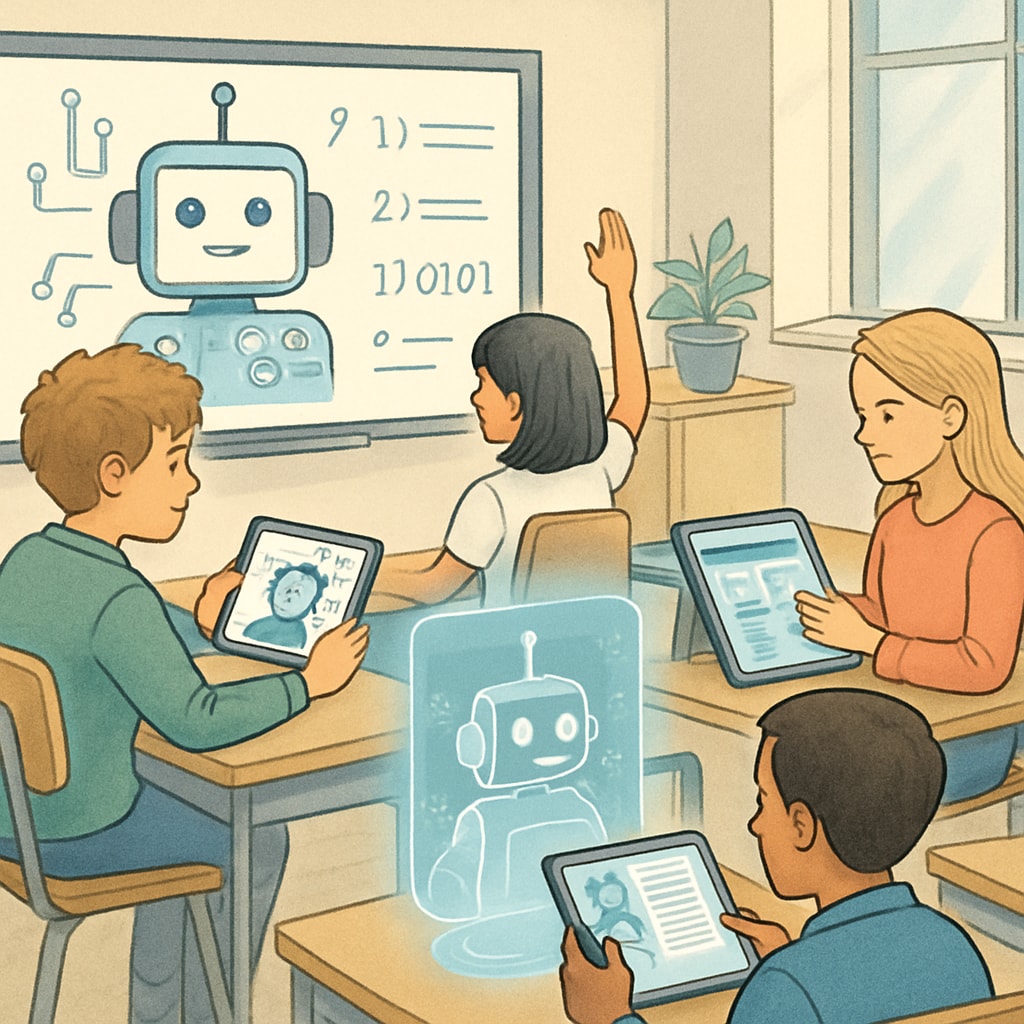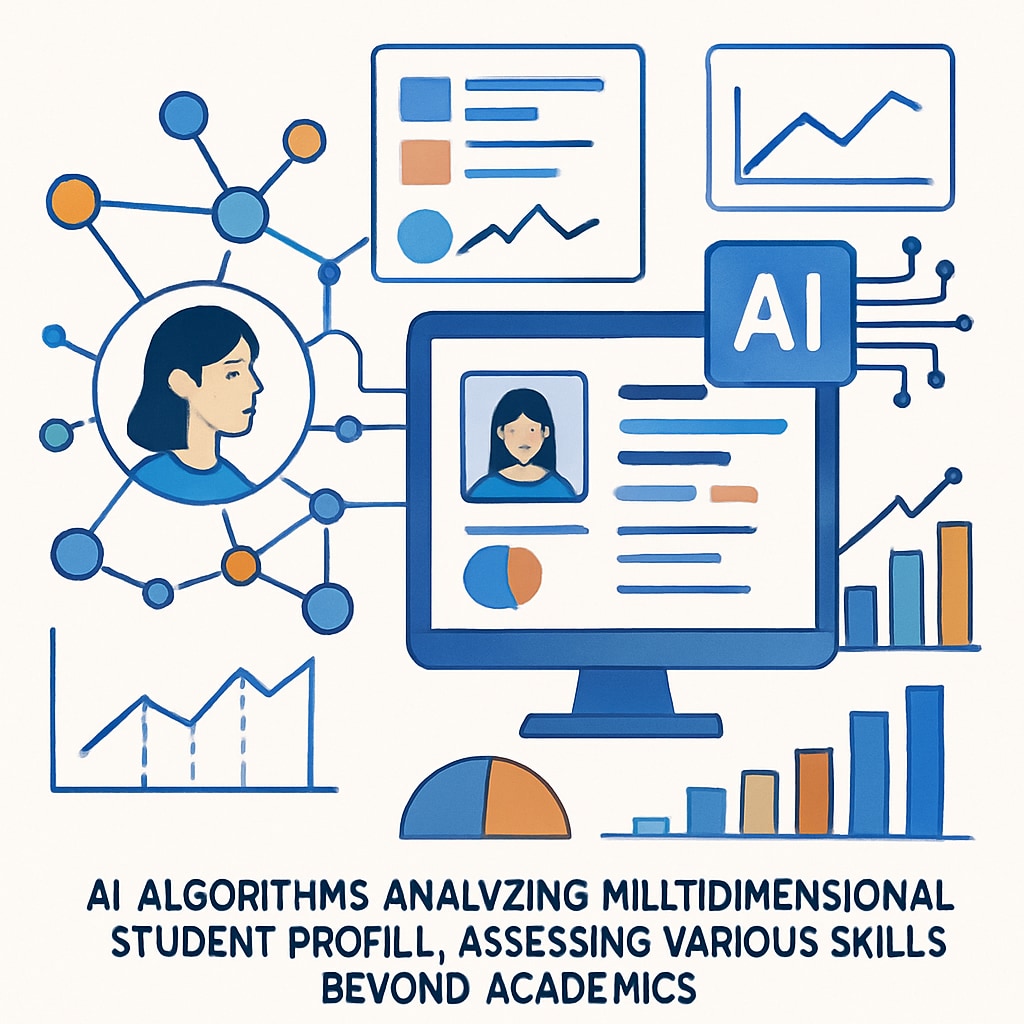Artificial intelligence (AI) is fundamentally transforming industries worldwide, including education. As AI continues to permeate classrooms and curricula, the traditional competitive exam model is increasingly seen as insufficient for modern talent selection. This article explores the urgent need for reforming competitive exams within the K12 education system in the AI era, proposing innovative approaches to build a multidimensional talent evaluation framework.
The Limitations of Traditional Competitive Exams
For decades, competitive exams have served as the primary mode of talent selection in K12 education. However, these exams often emphasize rote memorization and standardized assessments rather than fostering creativity, critical thinking, and problem-solving skills. With AI automating routine tasks and elevating the importance of complex cognitive abilities, the shortcomings of traditional exams are becoming increasingly evident.
- Narrow focus: Traditional exams prioritize academic knowledge but overlook practical skills such as collaboration and adaptability.
- Stress and inequity: High-stakes testing can exacerbate stress and create inequities based on socioeconomic background.
- Outdated metrics: Academic performance alone is no longer a reliable predictor of success in the AI-driven world.

AI’s Role in Revolutionizing Education
Artificial intelligence is not just a tool; it is a catalyst for educational innovation. AI-powered platforms can personalize learning experiences, provide instant feedback, and help educators identify individual strengths and weaknesses. These advancements necessitate a reevaluation of how students are assessed and selected for future opportunities.
For example, advanced machine learning algorithms can analyze a student’s performance across a variety of domains, creating a holistic profile of their capabilities. This approach can overcome the limitations of one-dimensional competitive exams and pave the way for a more inclusive and diverse talent evaluation system.

Proposed Reforms for Competitive Exams
To align with the demands of the AI era, competitive exams must evolve. Below are some key reforms that can reshape the K12 education landscape:
- Incorporate project-based assessments: Allow students to demonstrate practical problem-solving skills through projects rather than relying solely on written tests.
- Use AI for personalized evaluation: Employ AI tools to assess individual growth across cognitive, emotional, and social dimensions.
- Adopt gamified testing models: Gamification can reduce stress while improving engagement and creativity during assessments.
- Focus on soft skills: Integrate evaluations for teamwork, leadership, and adaptability into the talent selection process.
The Future of Talent Selection in Education
As AI continues to redefine societal norms, its integration into education demands a parallel evolution in talent selection mechanisms. By embracing multidimensional evaluation frameworks, educators can identify and nurture diverse talents, ensuring that students are equipped to thrive in the AI-driven future.
Institutions worldwide must collaborate to develop scalable and equitable solutions, incorporating AI to create a fair and inclusive educational environment. For example, Finland’s education system emphasizes holistic learning and continuous assessment, offering a potential model for other countries to adopt and adapt.
Readability guidance: This article uses clear, concise language with short paragraphs and lists to summarize key points. Active voice has been prioritized, and transitions such as “however,” “therefore,” and “as a result” ensure a logical flow of content.


